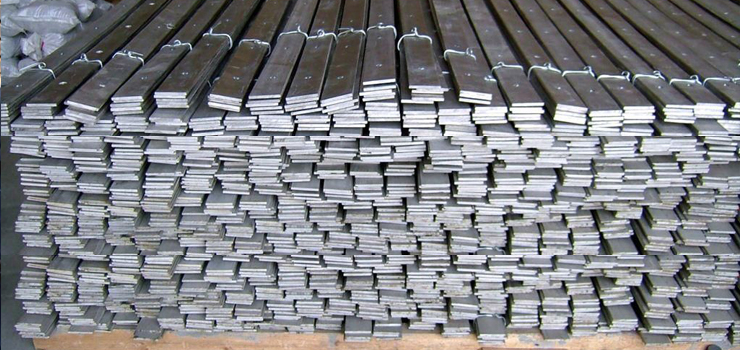The two integrated flat producers in Italy are expected to halt part of their production in the coming weeks for maintenance works, market sources told S&P Global Commodity Insight July 7.
Electric arc furnace base steelmaker Arvedi will stop production at its plant, including its melt shop and rolling mills, for five weeks in August for summer maintenance.
Another integrated steelmaker, Acciaierie d’Italia, will temporarily halt production at its blast furnace No. 2 from the week starting July 11 for about a month and a half, trade union sources said.
Press officers for both companies declined to comment when contacted by S&P Global July 7.
A majority of European coil producers have been operating with reduced capacity over the past month and were planning longer summer maintenances in an attempt to balance supply with reduced demand. Automotive manufacturers consumed less steel because of lower car production rates caused by a shortage of components. Other end-users, including in the white goods segment, were also reported to show lower demand for steel.
European distributors have sufficient inventories and, as a result, they have been avoiding restocking. A negative price trend in the EU flat steel market contributed to a wait-and-see approach among buyers.
In the first half of July, however, domestic hot-rolled coil prices appear to be reaching a bottom. Reduced steel output combined with the reluctance of the steelmakers to lower prices to secure deals have triggered the change.
HRC in Southern Europe was assessed at Eur770/mt ex-works Italy July 7, unchanged day on day, and down by Eur630/mt from the peak reached March 24.
Arvedi, now the largest Italian flat producer, operates two EAFs in Cremona, in northern Italy, that feed 75% of the finishing operations there. EAF No. 1 has a capacity of 1.4 million mt/year of crude steel, and furnace No. 2’s capacity was expanded to 2.6 million mt/year in 2021.
Acciairie d’Italia BF No. 2’s production capacity is about 2 million mt/year of pig iron, and it was originally supposed to be temporarily closed for maintenance in April.
In the week that began March 21, the company restarted its BF No. 4 after it was shut at the beginning of December because of what it called a technical problem in the blast furnace’s crucible. Three weeks ago, BF No. 1 was stopped due to technical problems, but at the beginning of the week beginning July 7 it restarted production. After the BF No. 2 stoppage, the mills will continue to run BF No. 4 and BF No. 1.
— Maria Tanatar, Annalisa Villa






